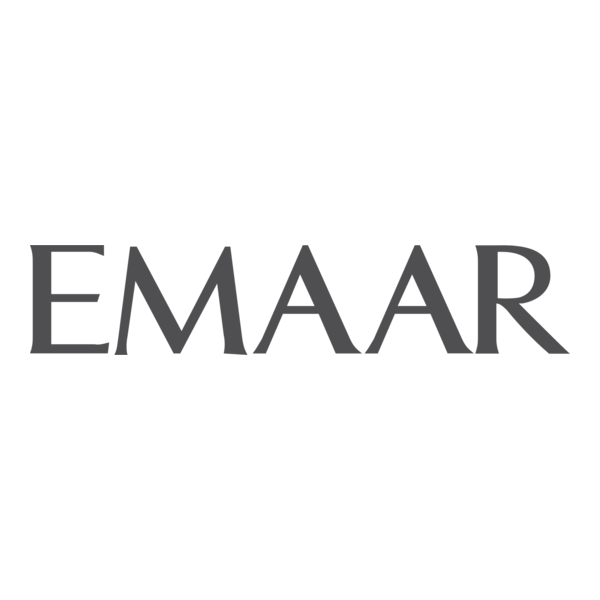Selling Dubai Off-Plan Property: Key Legal Docs for 2025

The Foundation of Your Sale: The Title Deed
The Title Deed remains the single most important document in any property transaction for selling Dubai property in 2025. It is the official legal document issued by the Dubai Land Department (DLD), serving as definitive proof of your ownership rights. Without a valid Title Deed in your name, you cannot legally list, market, or transfer your Dubai residential property to a new owner. This document is essential for activating utilities, registering tenants, and naturally, initiating a successful sale. For Dubai off-plan property that has completed construction and been handed over, obtaining this Title Deed is the crucial step before any resale.
A Title Deed contains crucial information, including the full name of the legal owner, a detailed description of the property—such as its location, size, and boundaries—and any restrictions or liens against it. Before engaging with buyers, it is vital to verify the authenticity and accuracy of your Title Deed. This can be done easily through the DLD's official Dubai REST app, which allows you to validate the document using its unique registration number, ensuring all details are current and correct.
How to Formalise the Intent to Sell with Form F
Form F, also known as the Memorandum of Understanding (MOU), is the initial, standardised contract that formalises the agreement between a buyer and a seller in Dubai. Issued by the DLD via RERA, this document is mandatory for all secondary market real estate transactions in 2025, whether for Dubai apartments or Dubai villas. Its purpose is to clearly outline the primary terms and conditions of the sale, creating a legally binding commitment for both parties to proceed.
Only a licensed real estate broker can generate Form F through the DLD's official digital platforms. The form includes key details such as:
- Property information (unit number, size, location)
- Buyer and seller identification (passport/Emirates ID numbers)
- The agreed-upon purchase price and deposit amount
- Financial terms, including mortgage details if applicable
- Responsibilities regarding fees and commissions
- The timeline for ownership transfer and handover conditions
Once all parties digitally sign Form F, it becomes a legally enforceable contract that protects both the buyer and seller during the transaction process.
What is the Sale and Purchase Agreement (SPA)
While Form F captures the initial agreement, the Sale and Purchase Agreement (SPA) is a more detailed and comprehensive contract that elaborates on the full terms of the transaction. This legally binding document details all rights, obligations, and liabilities of both buyer and seller, leaving no room for ambiguity. It is especially critical in Dubai off-plan property sales, where it serves as the primary contract between the buyer and the developer.
An SPA typically includes specific clauses not covered in-depth by Form F. These components often cover:
- Detailed payment schedules and instalment deadlines for your Dubai freehold property.
- Conditions for property handover, including snagging and inspection rights.
- Penalties and remedies for breach of contract by either party.
- Dispute resolution mechanisms and governing law in 2025.
For secondary market sales, the SPA complements Form F, providing a robust legal framework that ensures clarity and protects the interests of everyone involved in the sale.
Securing Developer Approval: The No Objection Certificate (NOC)
A No Objection Certificate (NOC) is a formal document issued by the property developer, mandatory for completing a property sale in Dubai. Its purpose is to certify that the seller has settled all outstanding financial obligations with the developer, including service charges, maintenance fees, and any other dues. Without this certificate, the Dubai Land Department (DLD) will not process the final transfer of ownership to the buyer when you sell property Dubai.
To obtain an NOC, the seller must formally apply to the developer, providing necessary documents like the Title Deed and the signed sales agreement (Form F). The developer will then conduct a final check for any pending payments in 2025. Associated fees for an NOC can range from AED 500 to AED 5,000, typically paid by the seller. It is crucial to address any outstanding balances promptly, as developers will withhold the NOC until all dues are cleared, which can cause significant delays in the transaction.
Other Essential Documentation to Prepare
Beyond the main legal contracts, a seller must have several other personal and property-related documents ready to ensure a seamless transaction for any Dubai residential property. Being prepared with this paperwork prevents last-minute delays and demonstrates your readiness to complete the sale efficiently in 2025.
You should have the following documents on hand:
- Passport and Emirates ID: Valid copies are required for identity verification of the seller.
- Proof of Address: A recent utility bill or bank statement may be requested.
- Mortgage Clearance Certificate: If the property is mortgaged, you will need a liability letter from your bank confirming the outstanding loan amount.
- Floor Plans: Providing an official floor plan helps buyers understand the property's layout and features.
- Power of Attorney (if applicable): If you have appointed someone to act on your behalf, a legally attested Power of Attorney is mandatory.
Get Your Free Dubai Investment Guide
What's Inside:
- ✓8+1 reasons international investors buy in Dubai
- ✓Market overview – the numbers you must know before investing
- ✓Off-plan vs Ready – what are the advantages?
- ✓Top 6 emerging locations for off-plan investment
- ✓Golden Visa – frequently asked questions answered
Your information is private. We never spam.







